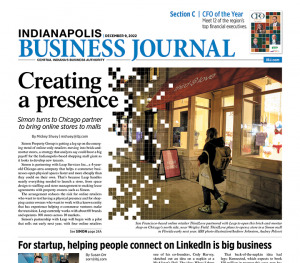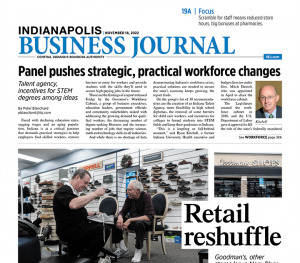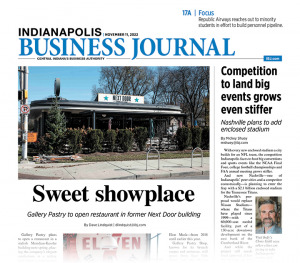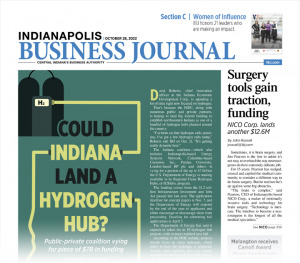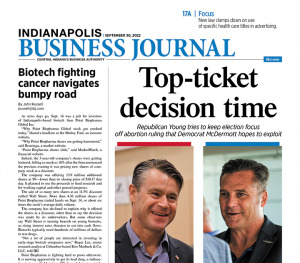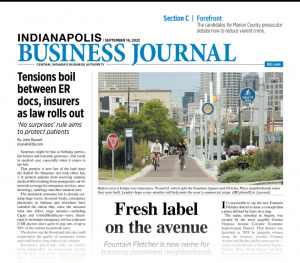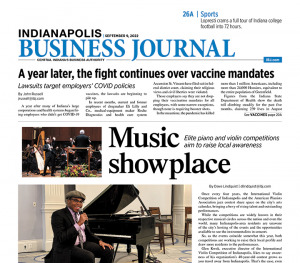
DEC. 30, 2022-JAN. 5, 2023
IBJ reveals its list of 2022 newsmakers this week, a list topped by Purdue University President Mitch Daniels and Indiana University President Pamela Whitten. Eight other central Indiana leaders also made the list. Profiles of all 10 newsmakers are part of IBJ's The Book (formerly the Book of Lists), which was delivered with this week's mini-issue of IBJ. The Book also recounts the biggest stories of the year.



